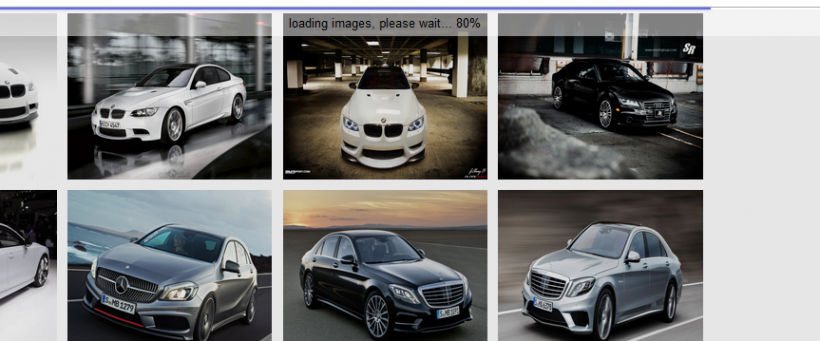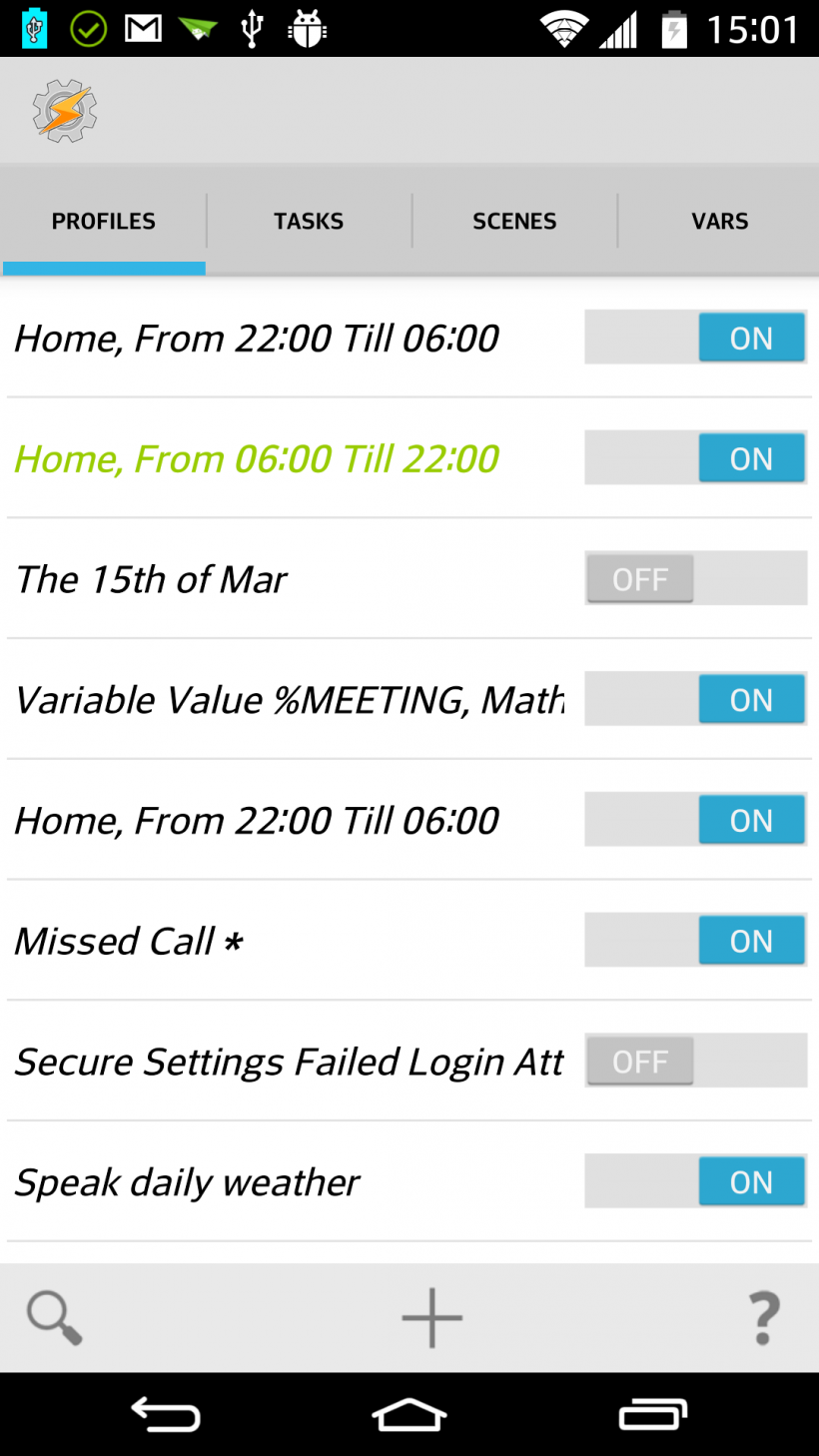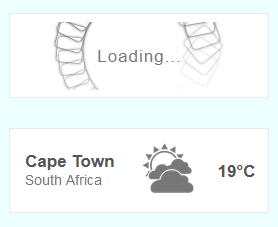Google Traffic Services
by Kyluke McDougall, 15:29 PM - Thursday 06/03/2014Today I found out something quite interesting. Google gathers traffic data based on anonymous location data from smartphones.
Essentially Google datamines every cellphone it has access to to determine how fast this cellphone is moving. If the cellphone was moving fast and has now slowed down in the middle of the road, this would then indicate the person had to slow down (or get out of the car). If many cellphones start to slow down in a specific area, this indicates traffic.
Cell Phone Networks
This is nothing new. Network providers (Cell C, MTN, Vodacom) have always known where exactly your cellphone is. Network providers need this data in order to bill you correctly (roaming) and, based on signal strength, switch towers accordingly while you travel.
How Google does it
Google has it’s own algorithms to determine whether or not this smartphone would be given accurate location data. For instance, a person walking on the side of the road does not indicate traffic, nor does somebody riding a bicycle.
Privacy Concerns
You may opt in and out of these services at any time here https://support.google.com/gmm/answer/2839958?hl=en and you will no longer be sending data to Google. However, it is worth noting that Google has made sure that all this data stays anonymous. Google itself has no idea where the data is coming from. The server processes the anonymous information and passes it on to Google Maps.
Even the first and last few minutes of your journey are purposefully deleted to further insure privacy.
Why is this good
You’re essentially helping improve a service which helps everyone else around you. Whilst the privacy concerns are there and should not be forgotten, this service is something from which everyone can benefit from.
What’s to come?
Google could eventually start by giving certain Google Maps users alternative routes home before traffic starts to build up in order to mitigate any chance of actual traffic. This data could be very very crucial information to health care and ambulance services which need to know which routes are the fastest to their destination or law enforcement officials whose response time is crucial.
Read more at http://googleblog.blogspot.com/2009/08/bright-side-of-sitting-in-traffic.html
« Back to blog





